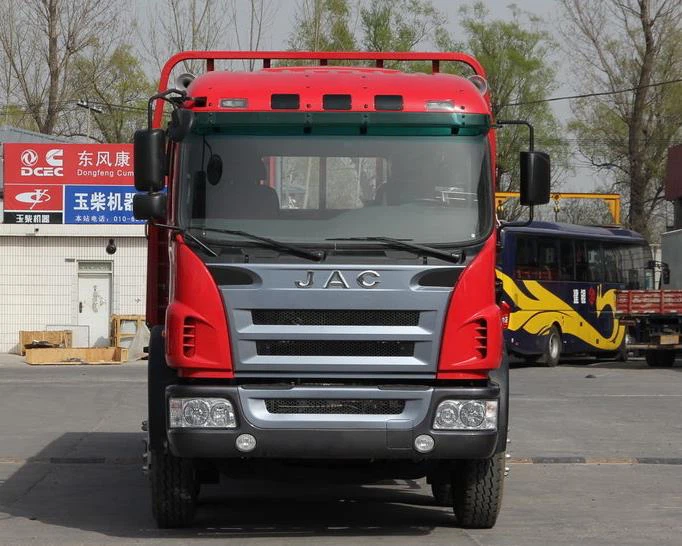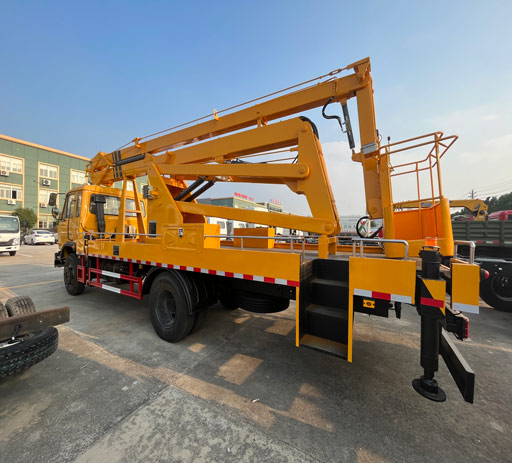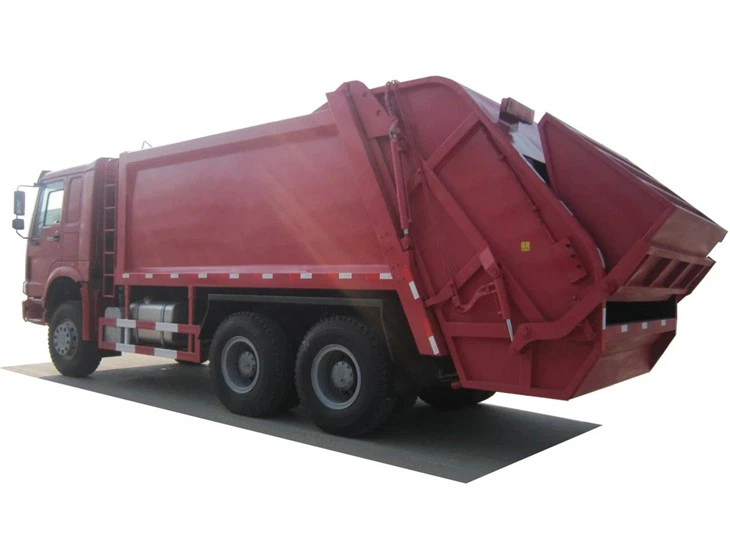Understanding Dump Truck Volume: A Comprehensive Guide

Dump trucks are essential vehicles in construction, mining, and other industries, responsible for transporting large volumes of materials. Knowing the volume of a dump truck is crucial for efficient project planning, cost estimation, and resource management. This article delves deep into everything you need to know about dump truck volume, including types, measurements, and practical considerations for your projects.
What is Dump Truck Volume?
Dump truck volume refers to the amount of material that a dump truck can carry. This volume can be measured in various units, including cubic yards, cubic meters, or tons, depending on the material being transported. Understanding this concept is fundamental when planning any project that requires the movement of bulk materials.
Types of Dump Trucks
Before we dive into dump truck volume, let’s take a look at the different types of dump trucks available, as they all have varying capacities.
1. Standard Dump Trucks
Standard dump trucks have a fixed cab and a long, open bed. They typically carry loads of 10 to 16 cubic yards.
2. Articulated Dump Trucks
Articulated dump trucks are designed to handle rough terrain and have a joint between the cab and the dump bed. Their capacity can range from 16 to 25 cubic yards.
3. Transfer Dump Trucks
These trucks can transfer materials from one dump to another, which increases efficiency. Their volume capacity usually ranges between 12 to 20 cubic yards.
4. Super Dump Trucks
Super dump trucks can carry more than standard models, with volume capacities reaching up to 20-24 cubic yards or more, thanks to additional axles and higher payload capabilities.
How to Calculate Dump Truck Volume
To determine the volume of a dump truck, you need to apply a specific formula. The volume can be calculated using the following formula:
Volume = Length x Width x Height
Here’s how to calculate it in more detail:
- Measure the internal dimensions of the dump truck bed.
- Plug these measurements into the formula.
- Convert the result into cubic yards or cubic meters, as needed.
Example Calculation
If a dump truck has a bed that measures 10 feet long, 5 feet wide, and 3 feet high, the calculation would be:
| Measurement | Value (Feet) |
|---|---|
| Length | 10 |
| Width | 5 |
| Height | 3 |
So, the volume calculation would be:
Volume = 10 x 5 x 3 = 150 cubic feet
To convert to cubic yards, divide by 27:
150 / 27 ≈ 5.56 cubic yards
Factors Affecting Dump Truck Volume Capacity
Several factors can affect the volume capacity of a dump truck:
1. Truck Model
Each model has a predetermined volume capacity determined by the manufacturer.
2. Load Configuration
The way material is loaded can impact how much can fit. Loose materials will take up more space compared to packed ones.
3. Weight Limitations
Dump trucks also have weight limitations based on the axle configuration and local regulations, which may limit the volume of material they can legally transport.
4. Type of Material
Different materials like gravel, sand, or soil will have different densities, affecting how much can be loaded into the truck.
Practical Tips for Maximizing Dump Truck Volume Usage
Here are some practical tips to ensure you’re maximizing the dump truck’s volume:
1. Understand Material Density

Familiarize yourself with the density of various materials to ensure you’re utilizing the full volume without exceeding weight limits.
2. Optimize Loading Techniques
Use efficient loading methods, such as filling the truck evenly to avoid spills and ensure maximum capacity.
3. Regular Maintenance
A well-maintained truck will operate more efficiently, allowing for better load distribution and volume usage.
4. Plan Routes Wisely
Consider the hauling routes when planning your loads. Shorter, less congested routes will save time and help you maximize the number of trips in a day.
Dump Truck Volume Conversion Chart
| Cubic Yards | Weighs (Tons) |
|---|---|
| 1 Cubic Yard | 1.5 Tons |
| 10 Cubic Yards | 15 Tons |
| 20 Cubic Yards | 30 Tons |
| 30 Cubic Yards | 45 Tons |
Common Uses of Dump Trucks
Dump trucks serve various industries and applications, which include:
1. Construction
In construction, dump trucks are often used for transporting sand, gravel, and other aggregates required for building projects.
2. Mining

Dump trucks are vital in the mining industry, where they transport mined materials from the site to processing areas.
3. Landscaping
Landscapers rely on dump trucks to carry soils, mulch, and rocks necessary for land creation and enhancement projects.
4. Waste Management
In the waste management sector, dump trucks play a crucial role in transporting heavy debris and demolition waste.
Frequently Asked Questions (FAQs)
1. How much can a standard dump truck carry?
A standard dump truck typically carries between 10 to 16 cubic yards of material, but this can vary based on the truck type and load configuration.
2. What types of materials can be transported using dump trucks?
Dump trucks can transport a variety of materials including dirt, sand, gravel, rocks, and demolition debris, among others.
3. Are there weight restrictions on dump trucks?
Yes, there are weight restrictions based on local laws and regulations that determine how much a dump truck can carry without exceeding legal limits.

4. How can I increase the efficiency of my dump truck operations?
To boost efficiency, understand material density, optimize loading techniques, maintain your trucks regularly, and plan efficient routes.
5. What is the difference between cubic yards and tons?
Cubic yards measure volume, while tons measure weight. The relationship between the two depends on the density of the material being measured.
6. Can dump trucks transport hazardous materials?
Yes, but specific regulations apply based on the type of hazardous material, and it often requires specialized vehicles and training.
